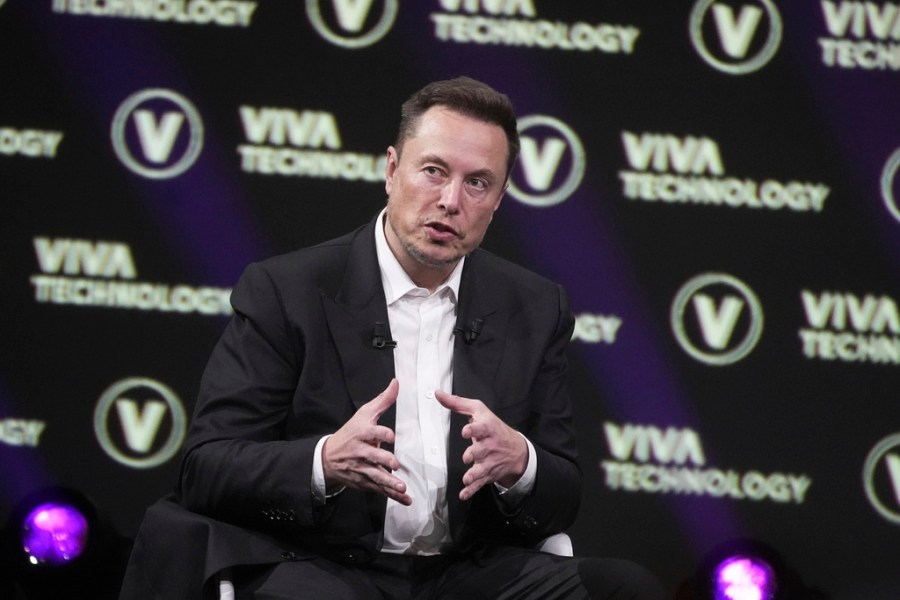Elon Musk has announced the formation of the “America Party,” prompting significant discussion regarding the growing disillusionment among the public with the existing political landscape in the United States. While the party’s actual influence in Congress remains uncertain, it highlights a desire for change and disruption in American politics.
The announcement, made on November 1, 2023, has brought forth a mix of excitement and skepticism. Musk, known for his ventures in technology and space exploration, is positioning the America Party as a response to perceived failures in the current political system. In a statement, Musk emphasized the need for a fresh approach to governance, stating, “We must prioritize innovation and progress to create a better future for all Americans.”
One of the core messages of the America Party is to engage voters who feel neglected by traditional political structures. Many citizens express frustration over partisan divisions and a lack of effective solutions to pressing issues, such as healthcare and climate change. According to a recent poll by Gallup, approximately 60% of Americans feel that their voices are not adequately represented in government.
Musk’s party aims to attract a diverse coalition of supporters, including younger voters disenchanted with conventional political parties. The America Party’s platform is expected to focus on issues like technological advancement, economic reform, and environmental sustainability. By appealing to a broad base, Musk hopes to energize a segment of the population that has historically been disengaged from the political process.
Despite the ambitious vision for the America Party, analysts caution about the challenges ahead. The current political environment is characterized by entrenched party loyalty, and breaking through this barrier will require significant resources and strategic planning. Political commentator Sarah Johnson notes, “Musk’s celebrity status might garner initial attention, but long-term success will depend on how he translates that into actionable policies.”
Furthermore, the feasibility of the America Party gaining a substantial foothold in Congress remains to be seen. Historical precedents show that third parties often struggle to win seats in the legislature, as the political landscape is dominated by the two major parties. The last significant third-party movement was the Reform Party in the 1990s, which had limited success despite substantial public interest.
As the 2024 election cycle approaches, the America Party’s impact on voter turnout and political discourse may be profound, even if it does not achieve significant electoral victories. By injecting new ideas into the conversation, Musk could influence the platforms of established parties, potentially reshaping the political arena.
In conclusion, Elon Musk’s creation of the America Party reflects a broader sentiment among voters yearning for change. While its success in Congress is uncertain, the party stands as a testament to the shifting dynamics in American politics, where voices calling for innovation and reform are increasingly demanding attention.
